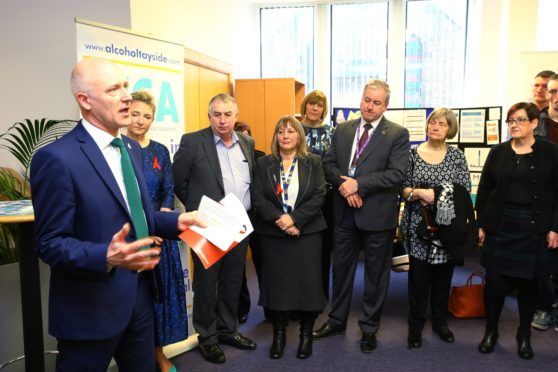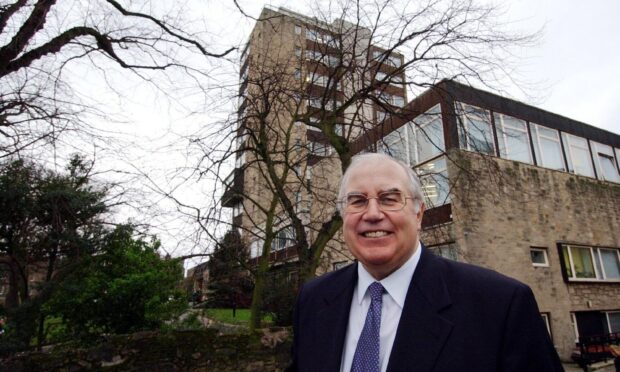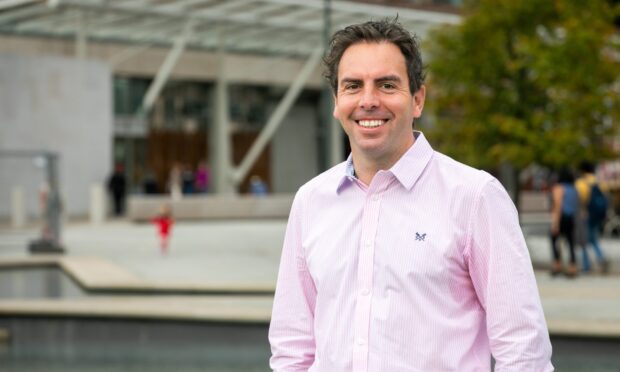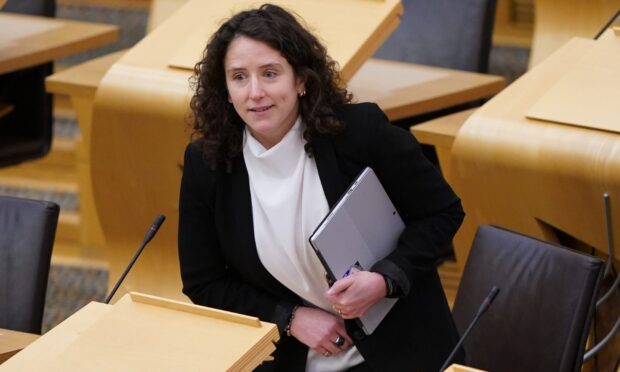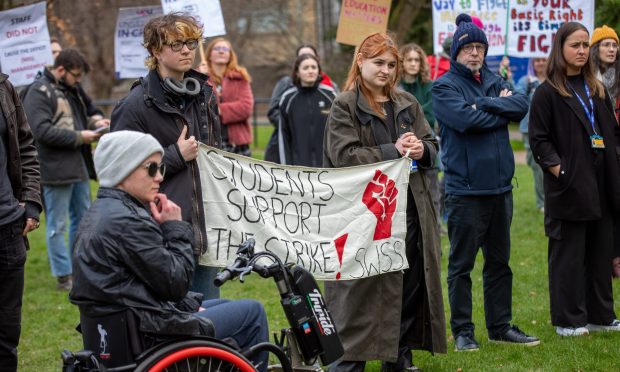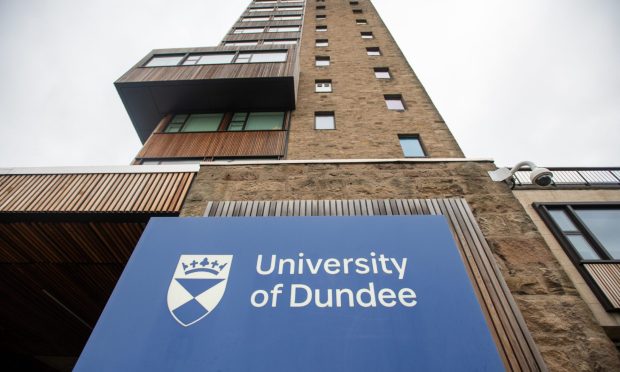Drastic action must be taken to reduce the impact of drug deaths in Scotland, the public health minister has warned.
Speaking before the Scottish Affairs Committee, Dundee West MSP Joe FitzPatrick, the cabinet secretary for public health and sport, said he was “kept up at night” over what was being done to tackle the country’s drugs death crisis.
The full scale of the country’s affliction will be officially made clear next week and Mr FitzPatrick said estimates already show the country is set to exceed more than 1,000 deaths as a result of drug harm over the last year.
Mr FitzPatrick conceded the number could be closer to 1,200 as the country retains its title of drug death capital of Europe, if not “the world”.
The latest figures in Tayside showed 53 people – more than one a week – was dying from overdose in Dundee alone, with a total of 78 perishing across the region.
Giving evidence to the cross-party committee, Mr FitzPatrick would not rule out the decriminalisation of illicit drugs, as authorities have done in countries like Portugal, to tackle the problem.
Mr FitzPatrick told the committee had Portugal not taken such action, it could have been in Scotland’s position now.
He told the committee, chaired by Perth and North Perthshire SNP MP Pete Wishart, he had convened a task force of experts who will help treat Scotland’s crisis as a public health matter, as opposed to the criminal justice approach favoured by the Westminster government in tackling the issue in England and Wales.
The SNP Scottish Government wants powers to be devolved to Holyrood from Westminster which Mr FitzPatrick argues would allow “joined-up” thinking between the police, health service and social services to tackle the scourge.
He said: “Addressing drug-related harm is a matter of public health. We know last year 900 people died of drug overdose and this year we are expecting that to be in excess 1,000, maybe even in excess of 1,200.
“I hope that is a wake up call. My ask is that we work together to save lives.”
Mr FitzPatrick also pointed out the request from Glasgow city council to implement so-called safe-consumption rooms, which under the current Misuse of Drugs Act 1971, would be illegal.
He further highlighted moves made in Portugal, which decriminalised drugs at the turn of the century.
He added: “The challenge of decriminalisation is it means different things to different people.
“There are good examples in Europe where the journey to decriminalisation has been made.
“Had Portugal not made changes 20 years ago, they would d be in the same position in Scotland is now it was a bold move and it does look to have saved lives.
“A model which works in one country might not work in Scotland but we want to use the best evidence from around the world and see how that could be adapted and it is why the task force has a range of experts.”
